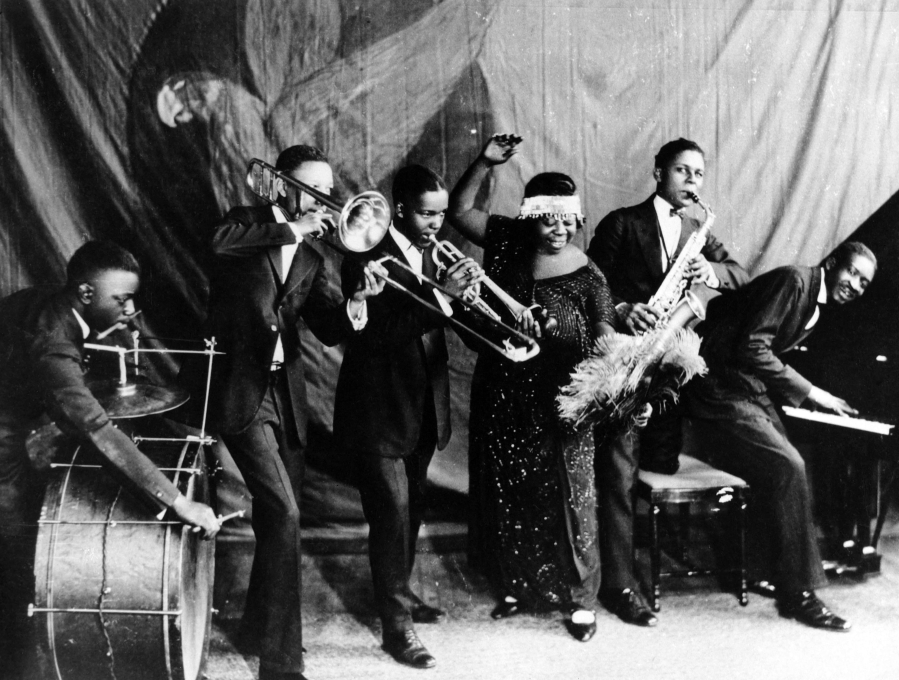In the Netflix drama that spotlights a Chicago recording session, Ma Rainey argues with a cop about a fender bender.
“You going to let me tell the story?” he asks her, exasperated.
Rainey, as portrayed by Viola Davis, responds with a steely eyed stare.
“Well, if you gonna tell it, tell it right,” she says.
We’ll try to honor Rainey’s legacy and tell her story right.
The Columbus, Ga., native born Gertrude Pridgett, is known as the “Mother of the Blues.” But the most celebrated modern recognition of her singing career, rooted in the 1920s, was generated by August Wilson in his 1982 play, “Ma Rainey’s Black Bottom,” named for her song of the same name (which refers to the “black bottom” dance).
Wilson’s Tony-nominated production from nearly 40 years ago recently spawned the Netflix movie of the same name, a taut 90-minutes that centers on Rainey’s no-nonsense style and command of respect while recording the titular song with members of her Georgia Jazz Band. As played by Oscar winner Davis, Rainey’s body sags in its voluptuousness.
The respect that Rainey demanded sprouted from years of touring — bridging the period of vaudeville and blues — and the recording of more than 100 songs.



